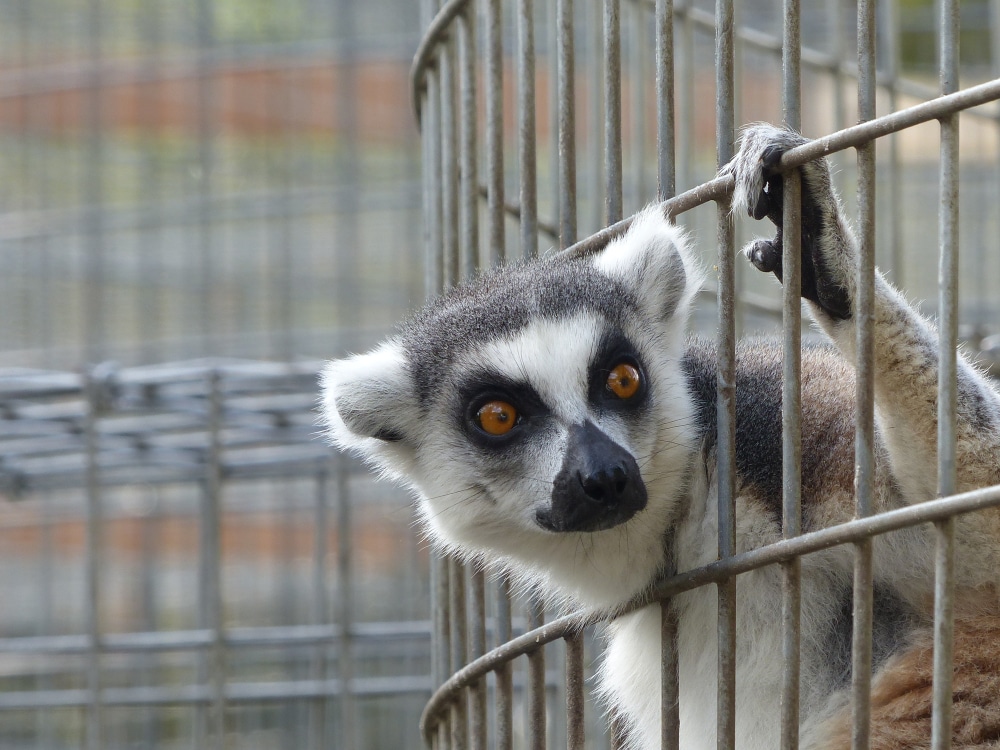Blitz News Digest
Stay updated with the latest trends and insights.
When Fido Meets a Ferret: The Wild World of Exotic Pets
Discover the wild adventures of exotic pets! Uncover the surprising friendships when Fido meets a ferret and more intriguing tales!
Understanding the Unique Needs of Ferrets and Dogs: A Guide for Exotic Pet Owners
Understanding the unique needs of ferrets and dogs is crucial for any exotic pet owner. Both animals require different types of care and attention that cater to their specific temperaments and physical requirements. For ferrets, a safe and spacious environment is essential, as they are naturally curious and love to explore. Providing plenty of enrichment activities such as tunnels, toys, and social interaction will keep them stimulated and happy. On the other hand, dogs thrive on routine and companionship, so establishing a consistent feeding schedule and exercising together can lead to a healthier and happier pet.
Additionally, it's important to note that ferrets are social animals that benefit from having companionship, whether it's another ferret or a human. They have specific dietary needs, and their diets should be rich in protein and low in carbohydrates. In contrast, dogs have more diverse dietary options but require balanced nutrition to maintain their health. Understanding these differences not only helps in addressing their physical needs but also fosters a strong emotional bond between pets and owners, making it essential for every exotic pet owner to educate themselves on the best practices for caring for both ferrets and dogs.

Can Fido and Ferret Become Friends? Tips for Introducing Your Pets
Introducing a dog and a ferret may seem like a daunting task, but with the right approach, Fido and your ferret can become friends. Start by setting up separate spaces in your home for each pet. This helps them adjust to each other's presence without immediate confrontation. Gradually allow them to sniff each other under a closed door or through a baby gate, which ensures safety while providing an opportunity to become familiar with one another's scents. Always monitor their reactions closely; positive interactions are key to fostering a good relationship.
Once both pets seem comfortable with the initial introductions, it's time to move to supervised meetings. Use treats and praise to encourage good behavior during these encounters. Keep your ferret in a secure playpen or harness, allowing Fido to approach at his own pace. If Fido shows signs of aggression or excessive excitement, it might be best to take a step back and continue with scent introduction before reattempting face-to-face meetings. Remember, patience and consistency are crucial when working towards a harmonious bond between your furry companions!
The Best Practices for Caring for Multiple Exotic Pets in Your Home
Caring for multiple exotic pets can be a rewarding yet challenging experience. Best practices include understanding the specific needs of each species, as different exotic pets require unique environments, diets, and social interactions. Begin by conducting thorough research on the behavioral and dietary requirements of each pet species you own. This knowledge will ensure that you can create a suitable habitat, manage their diets correctly, and provide social stimulation when necessary.
Organization and planning play a crucial role in effective multi-species pet care. Consider setting up a care schedule that delineates feeding times, cleaning routines, and health check-ups for each pet. An organized system, perhaps through a calendar app or a physical planner, can help you keep track of each pet’s individual needs. Furthermore, establish designated space for each pet to minimize stress and potential conflicts, creating a harmonious environment in your home.